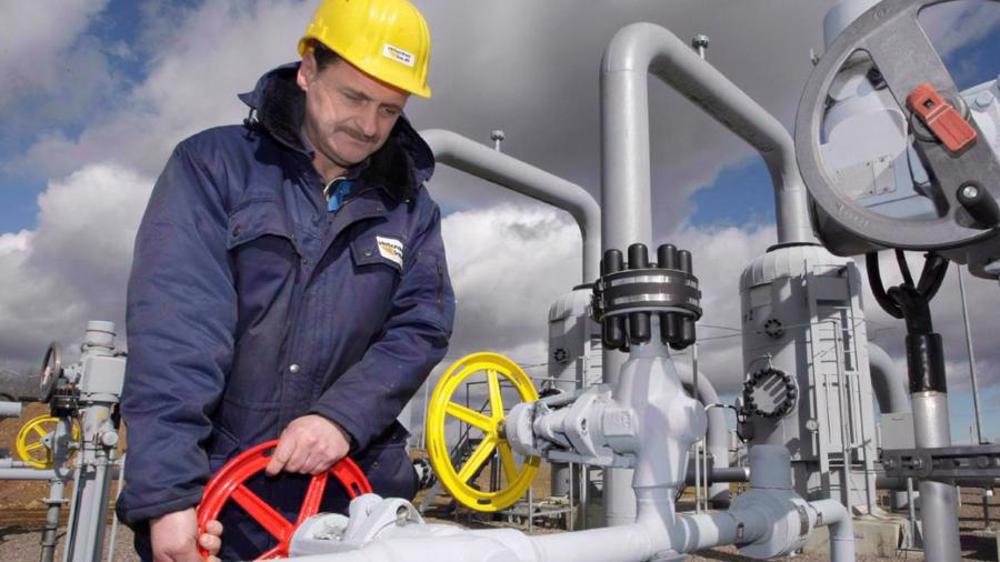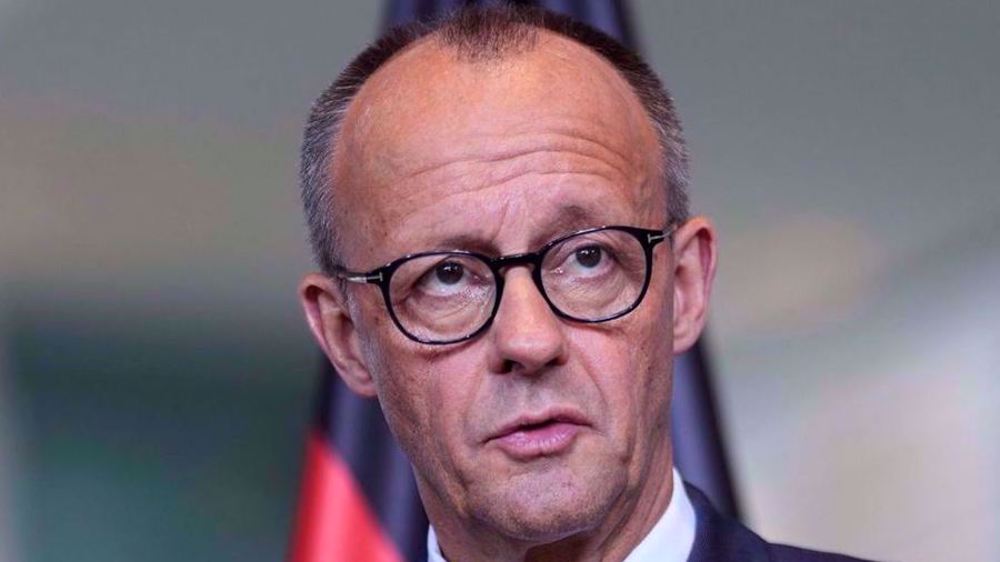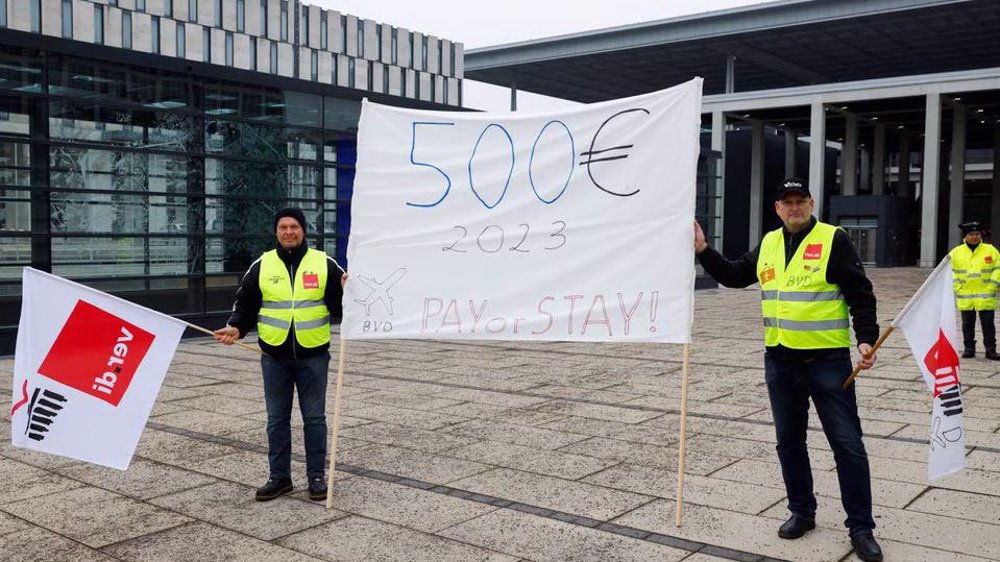German unions warn of large-scale job losses due to high electricity prices
Several trade unions in Germany have warned of the severe consequences of soaring energy costs in the country, saying hundreds of thousands of jobs are at risk due to high electricity prices exceeding international standards.
The unions issued the warning in a joint statement, stressing that energy-intensive sectors such as steel production, chemicals, and construction materials were now vulnerable.
Jorg Hofmann, first chairman of the IG Metall trade union, said, "The German government must intervene to steer the price of industrial electricity."
"Otherwise, steel production, the aluminum industry, and other energy-intensive sectors risk disappearing from Germany sooner or later," he added.
This would "directly and indirectly affect hundreds of thousands of jobs," Hofmann said.
The trade unions further called for nationwide strikes and protests on Thursday, hoping to push their demand for internationally competitive industrial electricity prices and long-term predictability of power costs.
German industry has been complaining for several months about higher domestic energy costs compared to international standards. Although the government has taken measures to prevent the price rise, unions say these actions would only lead to an increase in electricity prices.
Electricity prices in Germany have been increasing since as early as fall 2021, with the spike initially due to rising demand amid global coronavirus lockdowns. Since the start of Russia's offensive against Ukraine in February last year, shortages of natural gas have become a major factor driving electricity prices up.
Germany had, as of June 2022, among the highest electricity prices in the world, at $0.52 per kilowatt hour (kWh).
The price of electricity for the year ahead in Germany reached €850 ($850) per megawatt hours (MWh) in the stock market.
The war in Ukraine has massively increased oil and gas prices as both Russia and the West play hydrocarbon supplies as a bargaining chip to force the other’s hand.
The market price of fuels and electricity has adjusted accordingly, triggering double-digit energy inflation.
Soaring energy prices coupled with runaway inflation have put the livelihood of Europeans under heavy constraints after the Europeans severed their energy ties with Russia, the main supplier of natural gas to Europe, over the Ukraine conflict.
The latest development comes amid similar back-to-back industrial action across Europe, which is grappling with a fall in living standards triggered by high energy prices.
Iran will hold no negotiations with US: Larijani
Despite Leader's martyrdom, Islamic Republic firmly in control and punishing the enemy
At least 31 killed in Israeli aggression on southern Lebanon after Hezbollah strikes
Iran writes to UN, warns about dire consequences for perpetrators following Leader's martyrdom
Hezbollah strikes occupied Haifa in retaliation for Leader's assassination
Ansarullah mourns Leader's martyrdom as 'great loss' caused by 'most wretched terrorists'
Hezbollah offers condolences to Iranian nation over Leader’s martyrdom
US-Israeli strike targets IRIB facility; broadcasts continue












 This makes it easy to access the Press TV website
This makes it easy to access the Press TV website